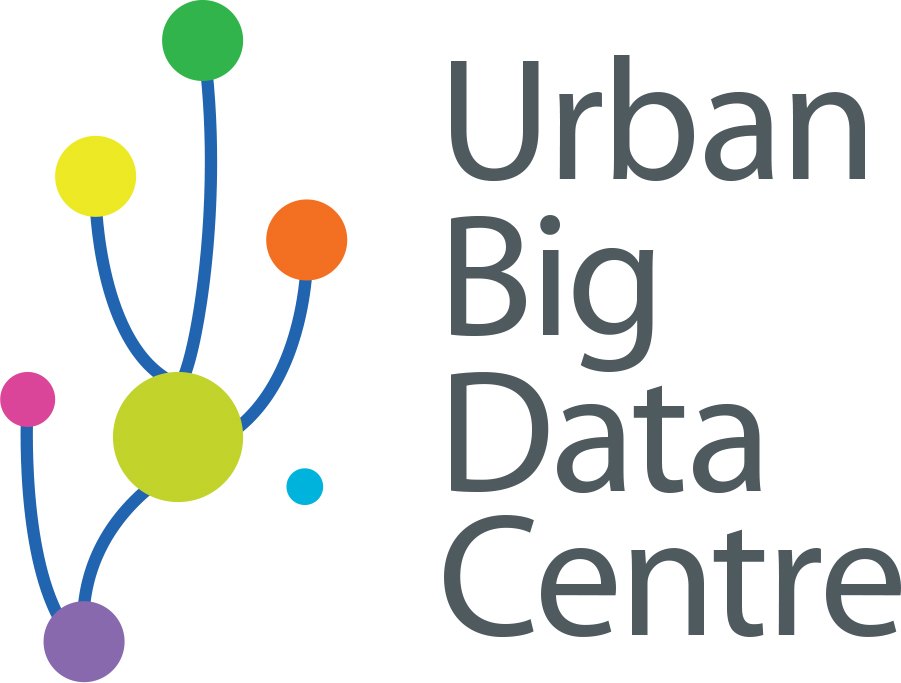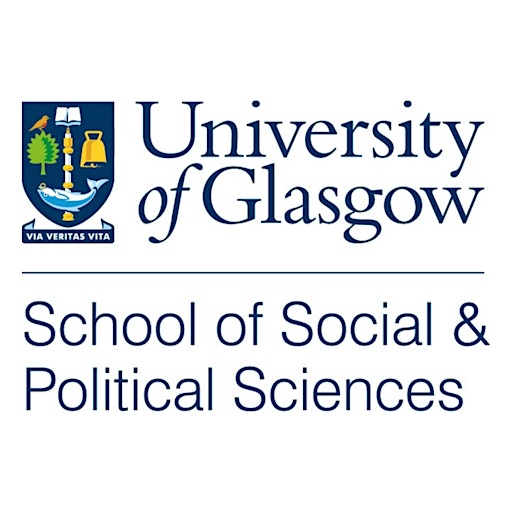AGILE 2024 - Call for Papers
Call for papers for the 27th AGILE conference, Geographic Information Science for a Sustainable Future, Glasgow, UK on 4-7 June 2024.
The Association of Geographic Information Laboratories in Europe (AGILE) has held annual conferences focused on Geographic Information Science since 1998. The next AGILE 2024 conference will be held in Glasgow, UK, on 4-7 June 2024.
The conference theme “Geographic Information Science for a Sustainable Future” aims to explore the critical role of geographic information science in shaping a sustainable future. Geographic information science is crucial in understanding and managing the complex relationships between the environment, society, and the economy. The theme recognizes the power of spatial data and analysis in informing decision-making processes and promoting sustainable practices across various sectors.
We cordially invite researchers, scholars, practitioners, and professionals in all facets of Geo-Information Science and Technology and their applications to the conference, to present ongoing research, showcase products, network with colleagues from Europe and the rest of the world, and find out about the latest developments in the field. We encourage submissions that encompass innovative research, practical applications, and theoretical contributions in line with the conference theme.
Topics of interest for paper submissions include, but are not limited to:
- 3D Modelling, Analysis and Visualization
- Artificial Intelligence, Machine Learning, Geo-AI
- Big Spatial Data: Analysis and Visualization
- Cognitive Aspects of Human-Computer Interaction for GIS
- Crowdsourcing, Co-creation and Participatory GIS
- Demographic and Socioeconomic Modelling
- Digital Twins, Smart Cities, Digital Earth/Virtual Globes
- Disaster and Risk Management
- Earth Observation Systems: Platforms, Algorithms and Applications
- Environmental/ecological monitoring and conservation
- Future Internet, Ubiquitous Web and GIS
- Geodesign
- Geo-ethics, Data protection/geo-privacy
- Geographic information retrieval and visualization
- Geosensors Networks and Sensor Web
- Geospatial data integration and interoperability
- Geovisualization and cartography for sustainable decision-making
- GI Education and Training
- Health GIS and Spatial Epidemiology
- Land use administration, planning and optimization
- Location-based Services and Mobile GI Applications
- Locational Analysis: Models, Algorithms and Applications
- Map Generalization
- Model Web, Geospatial Workflows and Service Composition
- Natural Language Processing and GI Applications
- Natural Resources Management and Monitoring
- Open Spatial Data, Open/FAIR Science, Open-source geospatial tools and applications
- Point Cloud Data Processing
- Semantic Technologies, Knowledge Graphs and Geo-Information
- Socio-Economic Impact Assessment of GI/SDI
- Spatial Data for co-creative urban design and planning
- Spatial Data Infrastructures/ Spatial data ecosystems
- Spatial Data Mining and Knowledge Discovery
- Spatial databases and data management
- Spatial Statistics and Geostatistics
- Spatiotemporal Data Acquisition, Processing, Modelling, and Analysis
- Uncertainty and Error Propagation
- Unmanned Platforms
- Vario- (and Multi-) scale Maps
- Volunteered Geographic Information, Community Observatories, Citizen Science
- Way Finding, Routing and Indoor Navigation
- Web-based GI Systems and Services
- XR: Virtual, Augmented, Mixed Reality (VR, AR, MR)
The 27th AGILE Conference will have oral presentation sessions, three keynote sessions, a poster session, a best paper and a best poster session, as well as pre-conference workshops. In this edition of the conference we introduce a Published article track in which we will host presentations of articles already published in journals.
Graduate and PhD students pay lower fees, and gain high visibility within the GI community. In addition, AGILE offers a limited number of travel grants to support students who lack funding.
|
The important dates |
||||||||||||||||||||||||||||
|
Submissions
Full-paper track
4000 to 6000-word manuscripts of original and unpublished fundamental scientific research. High-quality scientific submissions will be accepted for presentation at the conference and published in the AGILE: GIScience Series of Copernicus Publishers.
Short-paper track
2000 to 3000-word manuscripts of original and unpublished research work. High-quality scientific and strategic (industrial and governmental) submissions will be accepted for presentation at the conference and published in the AGILE: GIScience Series of Copernicus Publishers.
Published-article track
300 to 500-word summary of journal research articles published during the years 2022-2024. Submissions should include a citation and <1 page summary of its relevance to the AGILE conference.
Poster track
500 to 1000-word manuscripts of original scientific and strategic research work. High-quality submissions will be accepted for poster presentations at the conference and provide an exceptional opportunity to stimulate scientific discussions and exchange novel ideas.
Formatting instructions
Full and short papers must be prepared using either the Word Document template or the LaTeX Document template provided at https://www.agile-giscience-series.net/agile-giss-templates.html. Papers must be written in English according to the formatting guidelines, and should not contain any information able to reveal (co)author identity as AGILE 2024 is running a blind review process. Note: Latex recommended editor: Overleaf.
Published-article and poster submissions should use the same template as above.
Submission instructions and publication details
The submission of papers is via EasyChair.
All paper submissions must follow the AGILE Reproducible Paper Guidelines. The accepted paper must have a section describing the data and software availability. The reproducibility chair invites all members of the AGILE community, but especially early career researchers, to self-nominate for the reproducibility committee. Please contact Daniel Nüst (daniel.nuest@uni muenster.de) if you are interested in contributing to increasing transparency, reproducibility and reusability of GIScience research. See the Reproducible AGILE website for more information.
The accepted full and short papers will be published as Open Access Articles in the AGILE: GIScience Seriesof Copernicus Publishers.
Join us at the AGILE Annual Conference as we gather to foster collaboration, exchange knowledge, and drive forward the field of geographic information science for a sustainable future. We look forward to welcoming you to Glasgow and experiencing an enriching conference.
For any inquiries, please contact:
Website: https://agile-gi.eu/conference-2024/call-for-papers-2024
Note: Please make sure to regularly check the conference website for any updates and changes in response to ongoing global circumstances.
Organizers
 |
 |
Sponsors
 |
 |
 |
Supported by

